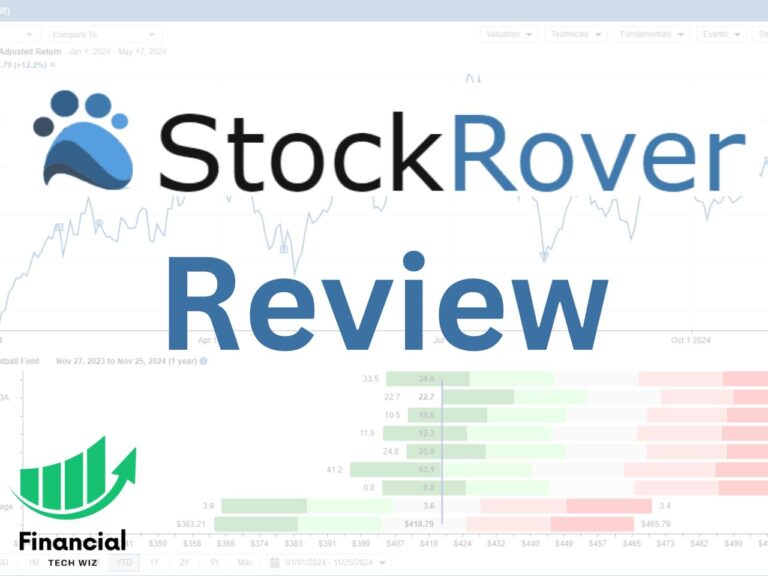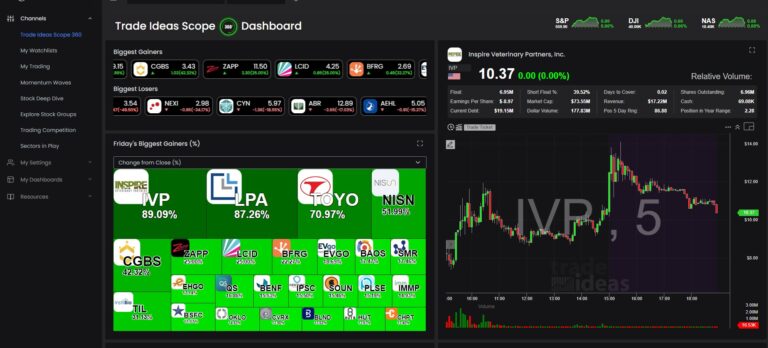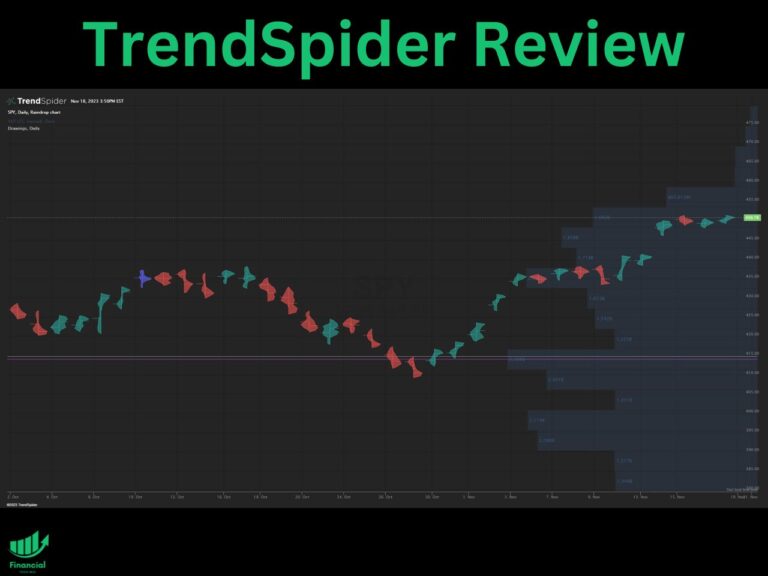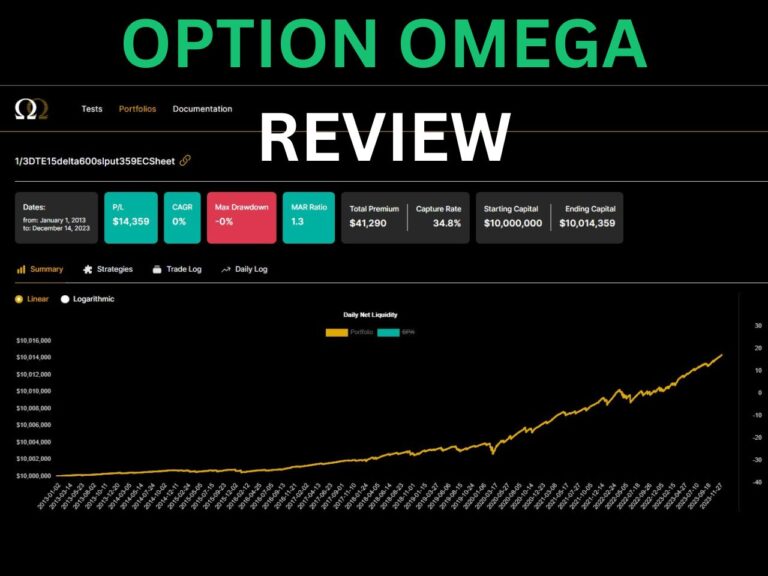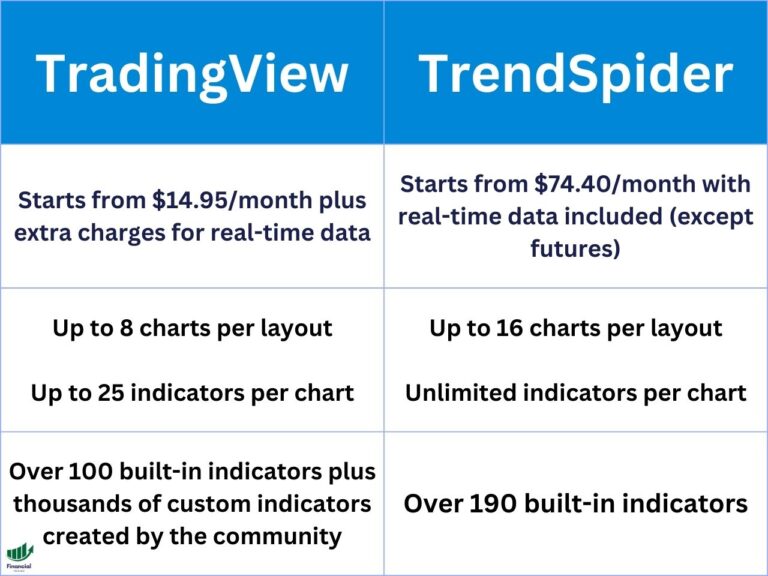Trading Laws and Regulations for US Citizens
Every nation has its own set of regulations concerning commerce — the United States is no different. If you are a US citizen, being versed in and comprehending the realm of trading laws is crucial. This article offers detailed information about these rules, the authorities that impose them, and the possible legal implications of non-adherence.
Which Authority Oversees Trading in the US?
There are multiple regulators supervising the trading market in the United States. The Securities and Exchange Commission, the Financial Industry Regulatory Authority, and the Commodity Futures Trading Commission are the principal bodies, each with its specific responsibilities and regulatory power over securities and commodities trading.
SEC and Its Responsibilities
The SEC serves as a federal agency instituted to safeguard investors, supervise exchanges, and uphold securities laws. It ensures markets are fair and orderly through a regulation-based environment and ensures adherence to these rules. This strategy plays a pivotal role in maintaining investor trust, a key factor in successful capital markets.
Noteworthy SEC rules for US traders
Prominent among the regulatory rules instituted by the SEC are the Securities Act of 1933 and the Securities Exchange Act of 1934. To promote transparency, the SEC requires firms that issue securities to provide full disclosures. This includes the mandatory provision of regular, detailed financial and operational reports for public consumption. These reports contain critical information about a company’s performance, financial health, and future prospects. By making this crucial information readily accessible, traders are effectively equipped with accurate and necessary data, enabling them to make informed and prudent investment decisions.
Role of FINRA
FINRA operates as a non-governmental, self-regulating organization delegated by Congress to supervise broker-dealers. It ensures the reliability of brokers and brokerage firms while fostering market compliance, formulating rules and regulations, and protecting consumers.
Key FINRA Regulations
- Suitability Rule (Rule 2111): This rule obliges a broker-dealer to have a reasonable understanding that a transaction or investment strategy aligns with the customer’s investment profile. Considerations include the client’s age, other investment assets, economic condition, tax liability, investment goals, familiarity with investments, risk acceptance, and liquidity requirements.
- Arbitration and Mediation (Rule 12000, Rule 13000, and Rule 14000 series): If a dispute arises between an Investor and a broker-dealer, these rules lay out the procedures for arbitration and mediation.
- Margin Requirements (Rule 4000 Series): These rules outline the terms and conditions under which a brokerage firm may extend credit to customers for the purchase or carrying of securities.
Role of CFTC
The CFTC administers the derivatives markets, encompassing futures, swaps, and select categories of options. Its mission is to facilitate competitive, efficient futures and options markets while protecting investors against manipulation, malpractice in trading, and fraud.
Pertinent CFTC regulations for US traders
CFTC regulations cover a broad spectrum of mandates that directly affect US traders. These stipulations comprise mandates concerning the enrolment and supervision of various market participants like futures commission traders, operators of commodity pools, and advisors of commodity trading.
Futures commission merchants, for instance, serve a crucial role in the execution of futures contracts and are subject to stringent regulations ensuring financial stability and consumer protection.
Commodity pool operators and trading advisors who manage and advise clients on commodity investments are also held to a high standard of accountability and disclosure under CFTC rules.
Moreover, the CFTC exerts significant regulatory control over the dealings related to derivatives and other financial instruments. It frames rules of conduct, addressing issues such as trading standards, reporting requirements, and disclosure of risks. This regulatory action further ensures transparent, reliable, and competitive markets for traders.
Legal Implications of Failing To Adhere To Trading Laws
Negligence or disobedience of trading laws may lead to stern consequences that comprise considerable financial penalties. Cases of extreme non-compliance can cause an individual or company to be prohibited from partaking in any form of trading or result in the termination of a company’s rights to conduct business in the trading realm. Such penalties are designed to deter illegal trading activities and uphold the integrity of financial markets.
To avoid violating these laws, traders may benefit from using legal contracts templates. These pre-formatted templates designed by legal experts can streamline the process of ensuring that all trading activities comply with established regulations and laws. By utilizing these tools, traders can structure their operations and transactions based on best practices and legal guidelines, thereby reducing the risk of incurring penalties related to non-compliance.
Conclusion
Understanding trading laws and regulations is not merely compulsory, but it’s also a responsibility. This empowers US traders to operate within legal limits while safeguarding their interests and promoting a robust economic environment. As with all facets of trading, continuous learning and updates on legal aspects are imperative. So, whether you’re an experienced trader or a beginner, staying updated with these regulations is vital.
Disclaimer
The information provided in this article is for general informational purposes only and should not be construed as legal, financial, or professional advice. Trading laws and regulations are complex and subject to change.
– Free trading journal template & cheat sheet PDFs
– Access our custom scanners and watchlists
– Access our free trading course and community!

